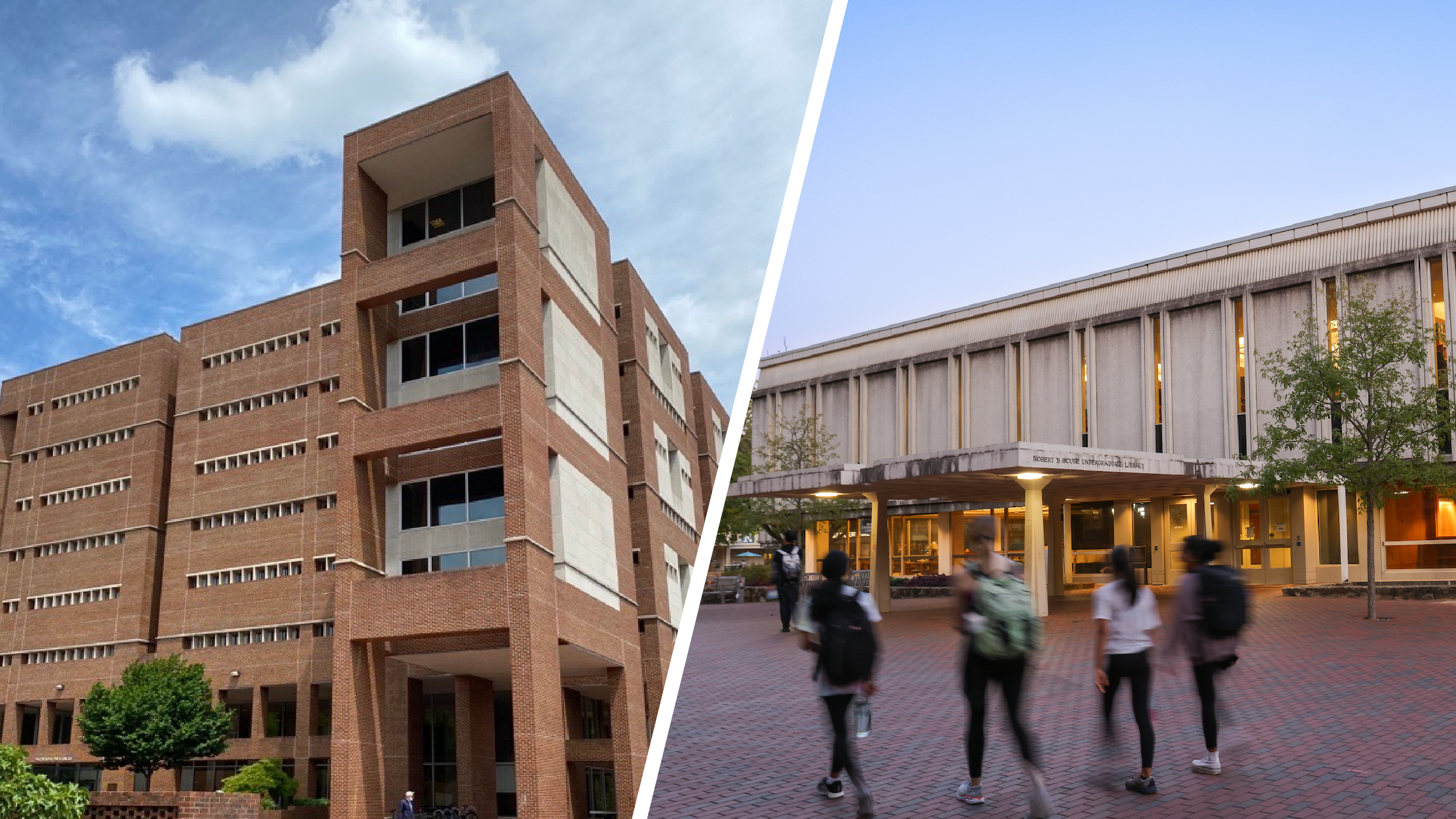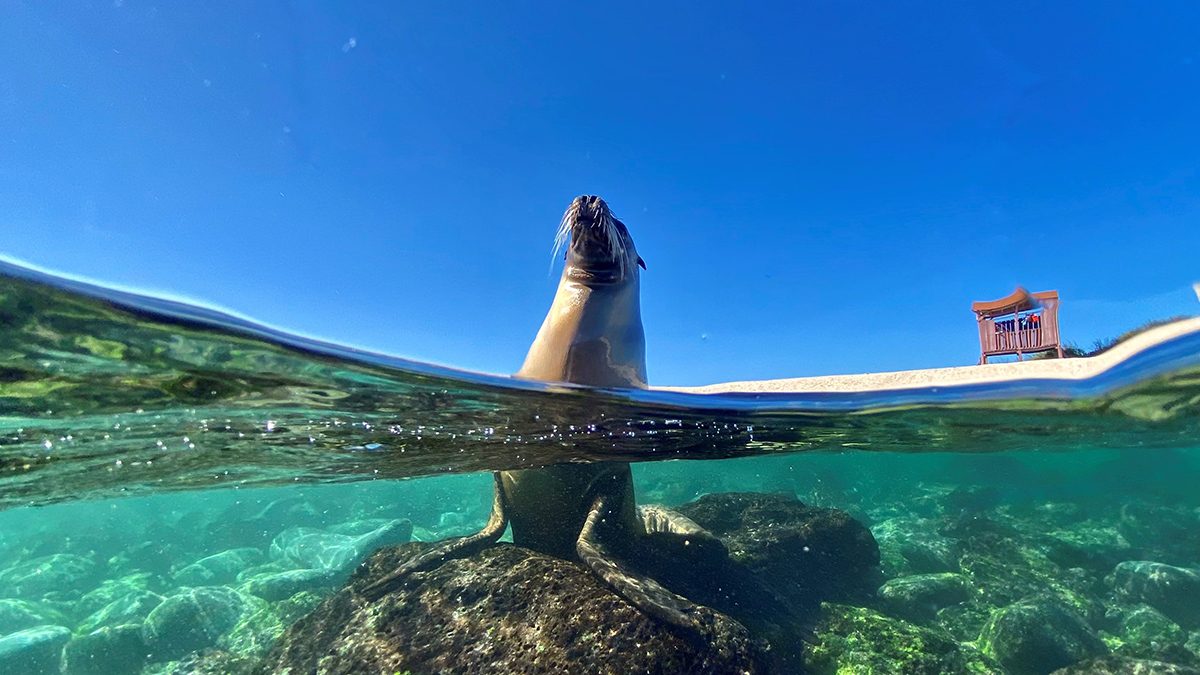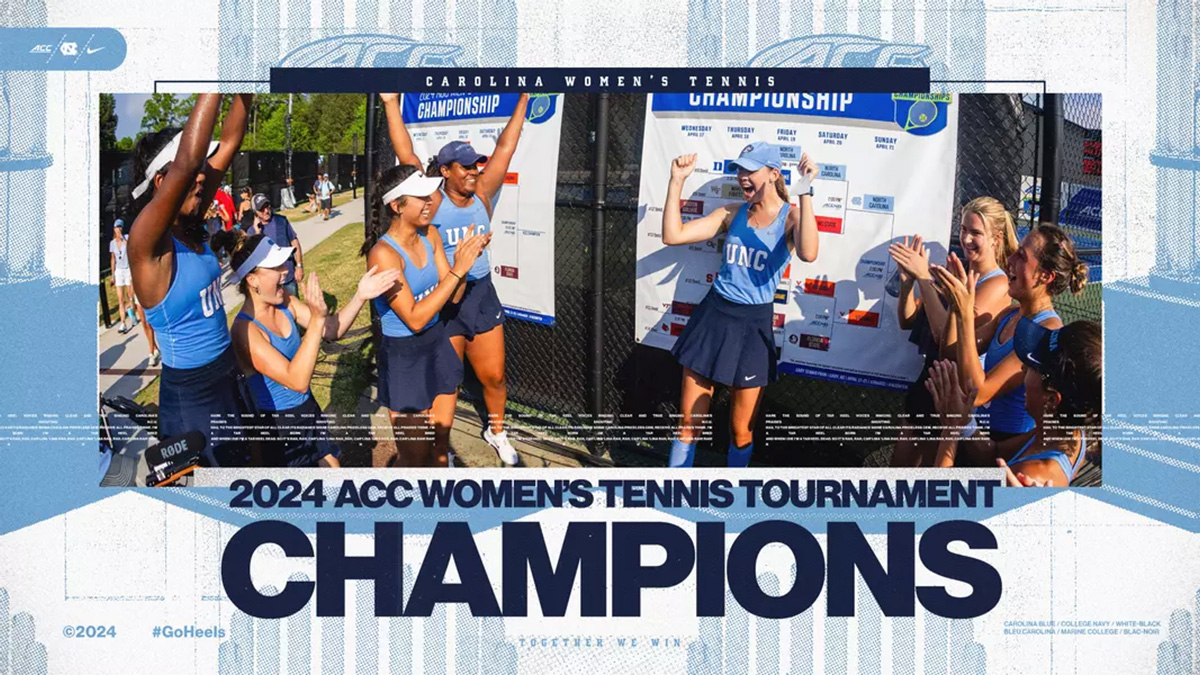Diversity in discovery
Flavio Frohlich’s lab at Carolina is a perfect example of how diverse research teams often make quicker scientific advances.
How would you best build the A-team for making life-changing discoveries?
Studies and many scientists who run laboratories suggest that diverse research teams often make quicker scientific advances.
Flavio Frohlich’s lab at the University of North Carolina at Chapel Hill is a perfect example of this.
In their quest for new treatments of psychiatric and neurological disorders, the researchers in Frohlich’s lab in the School of Medicine use knowledge from disciplines such as neuroscience, engineering, mathematics, medicine and biology. Also, the research lab members include undergraduate and graduate students, postdoctoral fellows, study coordinators, visiting scholars and research assistants. They come from eight countries and four continents.
Frohlich’s lab focuses on the human brain as it seeks better ways to help people with diseases such as depression and schizophrenia. Frohlich describes the brain as an orchestra without a conductor. Like musicians who play as one, the brain’s neurons synchronize their electrical signals to produce brain waves in an organized way. This brain activity causes our behavior.
When musicians play together and listen to each other, things go well. When they do not or one is missing, the music does not flow in an organized way.
‘Where we’ll discover new treatments’
“It’s this self-organizing behavior that we are trying to restore, using electricity in the form of noninvasive brain stimulation, where we modulate and reshape brain activity patterns,” Frohlich said. “To do that in the lab, we combine neuroscience and engineering into actual treatments. This is where we’ll discover new treatments.”
Frohlich, who came to Carolina in 2011, is an assistant professor in the departments of psychiatry and cell and molecular physiology and the UNC Neuroscience Center. He aims for his laboratory to be “a productive, collaborative, and happy workplace.”
No matter a person’s level of research expertise or background, they are expected to jump right into work on their first day. One former undergraduate researcher, Mohsin Ali, immediately immersed himself and wound up as lead author on the most-cited paper in their field, said Frohlich.
“UNC-Chapel Hill is really unique in the quality of undergraduate students,” Frohlich said. “We’ve made great discoveries from projects that were driven and executed by undergraduates. I enjoy the mentoring and so much is coming back in terms of scientific progress.”
Quique Toloza, a senior physics and Spanish major, contributes his skills in computational modeling. He applies theoretical physics to clinical medicine to gauge how the brain’s neurons and cortical activity respond to electric stimulation.
‘An answer to any question’
Toloza said that everyone’s personal and academic backgrounds enhance their work. “You can get an answer to any question, and what’s cool is that sometimes people have questions for you even if you are an undergraduate.”
With no single path to the revolutionary research, the lab is open to many. Former graduate student Kristin Sellers had no wetlab biology experience and little quantitative background. She excelled at both while earning a Ph.D. and working in the lab, Frohlich said.
A typical idea is that the more trained someone is before they join the lab, the better. Instead, Frohlich stresses the importance of passion and life story that will improve the use of the correct tools to answer scientific questions.
Ehsan Negahbani is a postdoctoral fellow whose interests in medicine and engineering overlapped through two biomedical engineering degrees. In his master’s degree program, he analyzed brain signals and began examining how the brain works in psychiatric disorders. He then earned a Ph.D. in computational neuroscience in New Zealand and joined Frohlich’s lab in 2016.
Negahbani describes lab members as diverse, smart and supportive. “Being in a diverse setting like our lab gives me an opportunity to learn about different approaches people take when there is a problem,” Negahbani said. “I’ve learned that giving opportunities to others to express all of their questions, no matter how simple, makes the situation more dynamic. In some labs, lots of basic, but important concepts are not discussed. In our lab those questions are appreciated.”




